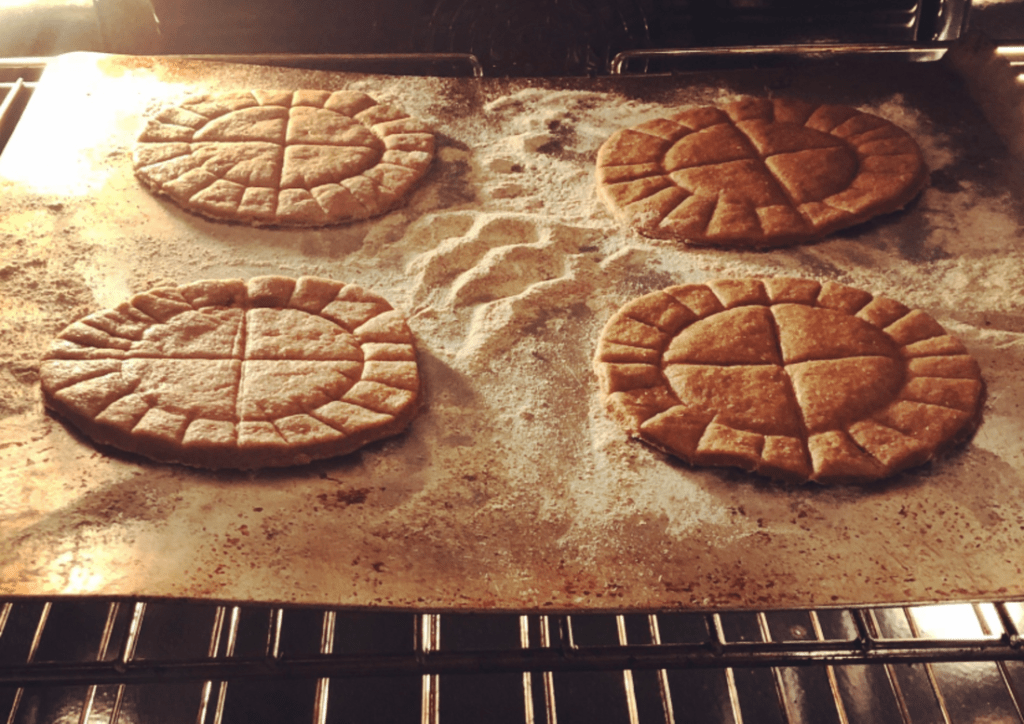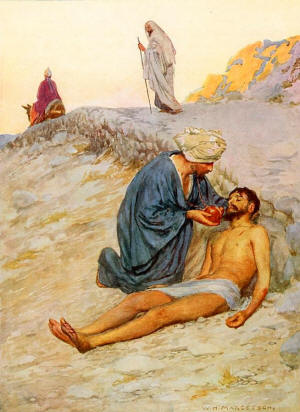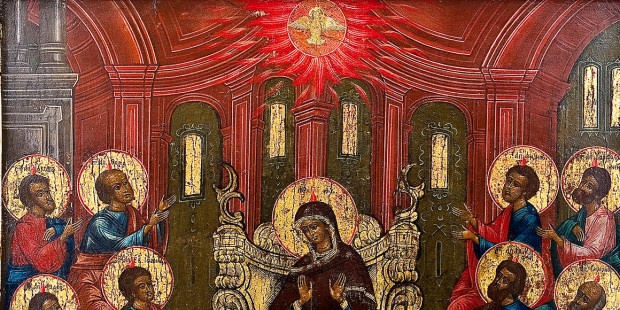
South Coast Convocation Beach Eucharist
August 17th, 2019
The readings for this service are:
Job 12:7-12
Psalm 98
Philippians 4:4-7
Matthew 19:13-15
We heard a lot about God’s hands this morning, didn’t we? In the Old Testament, we heard how all life, every living thing, is in God’s hands. In the Psalms, we heard how God’s right hand has worked salvation. And in a little bit, we’ll pray together the Prayers of the People, where we will give thanks that God fashioned us and this beautiful place with his life-giving hand. This all reminds me of a song we used to sing as kids: “He’s got the whole world, in his hands.” Do you know that one? As a kid, I imagined this big set of hands, cupped around, and a bunch of people, or even the Earth itself, just sitting there in God’s open palms.
Now, hands signify something really important in the Bible and for us Christians; they signify the life-giving presence of God. Think about the Bible, where people are always reaching out and touching Jesus with their hands; and when they do, they’re healed. Or that Jesus, and the disciples with him, lay their hands – physically touch – the sick and the injured, the lonely and the destitute, folks no one wanted to be near, much less touch. Some of these people are suddenly healed, miraculously, though others are shown, rather simply, that they are not alone in their pain, that someone cares for them and loves them. For some, that’s healing enough.
And our practices at church continue this focus on hands. At the passing of the peace, we shake hands or hug one another, all in the name of Christ, welcoming them into our hearts and our lives. Or in the sacraments: In Baptism the pouring of water and the anointing on the forehead with oils, or Reconciliation, where at that most beautiful moment, when we are reminded that we are loved by the God of all things, the priest puts his or her hand on the head. Or in the Eucharist, the simple and vast depths of the Eucharist, where a small wedge of wafer or bread, the very Body of our Lord Jesus Christ, is placed in an outstretched hand. And all this, all these moments, signify something: a presence, a life, a depth within the world that is far beyond ourselves.
And God, and our church, and our Christian lives extend out beyond the four walls of our worship space, don’t they? I think also of the hands that I have seen in my own life, as well. I think of the hands of my father, who was a woodworker. His hands are like anyone’s hands who works with wood all day: they’re nicked and scratched, they have deep callouses and are scarred, but they’re also deft, able, skillful, and sure. Or I think of my daughter’s hands and my own when we go out to play in the sand. After just a few minutes of building castles and burying each other in the sand, our hands are grubby and dirty, and they most certainly have to be washed before we can eat lunch – but even so, they are full of the life and joy of digging about in the earth. And I think of the hands of Jesus, which I have seen in paintings and statues and in my own heart (and surely you have, too): the hands of Jesus, our God and our Savior, human hands but holy hands as well, as they were lifted to heal and as they were laid on the cross and nailed to its hard wood.
And all these images – hands in healing, hands full of dirt and grime, hands giving bread, hands bleeding at the palms – these images all point to one thing: not just of some vague presence but the presence of Life and it’s advent into this world. Now, our own hands, our fallen, human hands, can bring other things, too. Sure, we can bring life into the world, we can be God’s hands, but we can also work death, destruction, and pain as well. But God’s hands are different. God’s hands are life. In God’s hands is life, not sitting on the top but deep down inside them, like a bit of salt baked into a cake to enhance all that flavor; or, if you’ve spent some time in the South, you’ll know sweet tea, where the sugar isn’t just added in later but brewed into the tea itself to make it, oh so delicious. And all these are just more small, partial images, because that goodness and hope and life of God’s hands are deep down at God’s core, who he is; because God is Life. God is Love.
And all this love, all this life, it’s not away on some mountain top. It’s not locked away in secret somewhere so that only smart and adventurous people can find it. It’s not something that only our great spiritual ancestors can find because they were just more special than we are. It’s right here. As St. Paul writes, “Rejoice in the Lord, always; again I will say, Rejoice!” And why? Because the Lord is near to you, or, as in the book of Deuteronomy, the Lord is very near to you. This Life, this Hope, this Goodness, and this Love, they are here for us, because God is here among us. Whether we’re under the church roof or out here on the side of the beach, whether you’re in a hospital room or on the other side of the door, waiting in anxiety, God is with you.
But sometimes, truth be told, it’s hard to remember all this. We live in a troubled world. Each day, it seems, we are met with new tragedies, news that awakens our anxiety or anger or even our hatred. And it seems that we have just two choices: to push it all away and hide from it or else enter into it and risk becoming that pain and anger ourselves. But whether we go out or stick home, whatever we do, we Christians don’t begin there. We don’t begin in pain or anger or despair, but in Life. We begin in Hope, even if (or especially if) there doesn’t seem to be any. We begin in community, in listening to one another, in the seeking out of all people, regardless of who they are and how different their cultures or thoughts or politics are from our own. We begin in Love because God began in Love. God created the world, we believe, not because he was bored and needed something to do, or that God was incomplete and so needs a world; no, we believe that God created the universe, this world, and all the creatures in it, for Love. And that Love is the foundation of all things, from the grains of sand out there on the beach to the planets and stars out there in their courses.
And we, too. We have been created anew by that Love. It is a Love that we have long yearned for, long hoped for, and that Love found us and is bringing us home. And our work now, we pilgrims on a journey to our true Home, is to shower the world with that Love. To open our hearts when it’s easy and when it’s tough, to listen to those we agree with and those we think are fools, to seek God in all people, no matter who they are. For Love was at the beginning, Love is now, and Love forever shall be the beating heart of Creation and the center of all our lives.




